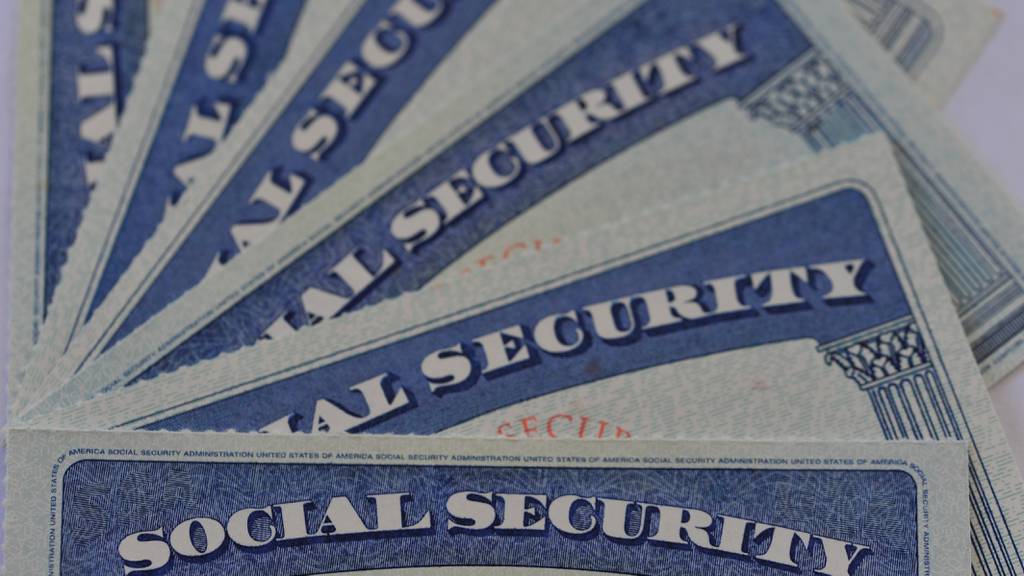In an era dominated by digital transactions and interconnected networks, the protection of our personal information has become a critical concern. At the forefront of this digital battleground is the Social Security Number (SSN), a unique identifier that has evolved from a simple tool for tracking social benefits to a key component of our digital identity. As we navigate the complexities of the cyber age, it is crucial to understand the significance of our ssndob and implement measures to shield them from potential threats.
The Evolution of the Social Security Number:
Originally introduced in 1936 by the Social Security Administration (SSA) as a means of tracking earnings and ensuring proper distribution of social benefits, the SSN has since grown to become a linchpin in various aspects of our lives. From financial transactions to healthcare services and even as an authentication method, the SSN is now an integral part of our digital identity.
The Digital Age Dilemma:
As our reliance on digital platforms increases, so does the risk of exposing our SSNs to potential threats. Cybercriminals constantly exploit vulnerabilities in online systems, aiming to gain unauthorized access to sensitive information. Identity theft, financial fraud, and other malicious activities are on the rise, making it imperative for individuals to fortify their digital defenses.
Key Threats to SSN Security:
- Identity Theft: Cybercriminals often target SSNs to commit identity theft, assuming the victim’s persona for various malicious purposes such as opening fraudulent accounts or conducting illegal transactions.
- Phishing Attacks: Fraudulent attempts to obtain SSNs through deceptive emails, messages, or websites are prevalent. Individuals must exercise caution and verify the legitimacy of requests for their SSN before sharing such sensitive information.
- Data Breaches: Large-scale data breaches pose a significant risk to SSN security. When corporations or government agencies suffer data breaches, the exposed SSNs can be exploited by cybercriminals.
Protecting Your Digital Identity:
- Guarding Personal Information: Be cautious about sharing your SSN and other personal details online. Only provide this information to trusted and reputable entities, and verify the legitimacy of requests.
- Regularly Monitor Financial Statements: Keep a vigilant eye on your bank statements, credit reports, and any other financial transactions. Promptly report any suspicious activities to your financial institution.
- Use Strong Authentication Methods: Enable multi-factor authentication (MFA) wherever possible. This adds an additional layer of security beyond just the SSN, making it more challenging for unauthorized individuals to access your accounts.
- Stay Informed about Data Breaches: Be aware of recent data breaches and regularly check if your information may have been compromised. If your SSN has been exposed, take immediate steps to mitigate the potential risks.
Conclusion:
In the digital age, safeguarding your Social Security Number is paramount to protecting your overall digital identity. By adopting proactive measures, staying informed about potential threats, and practicing caution in your online activities, you can navigate the cyber landscape with greater confidence.
